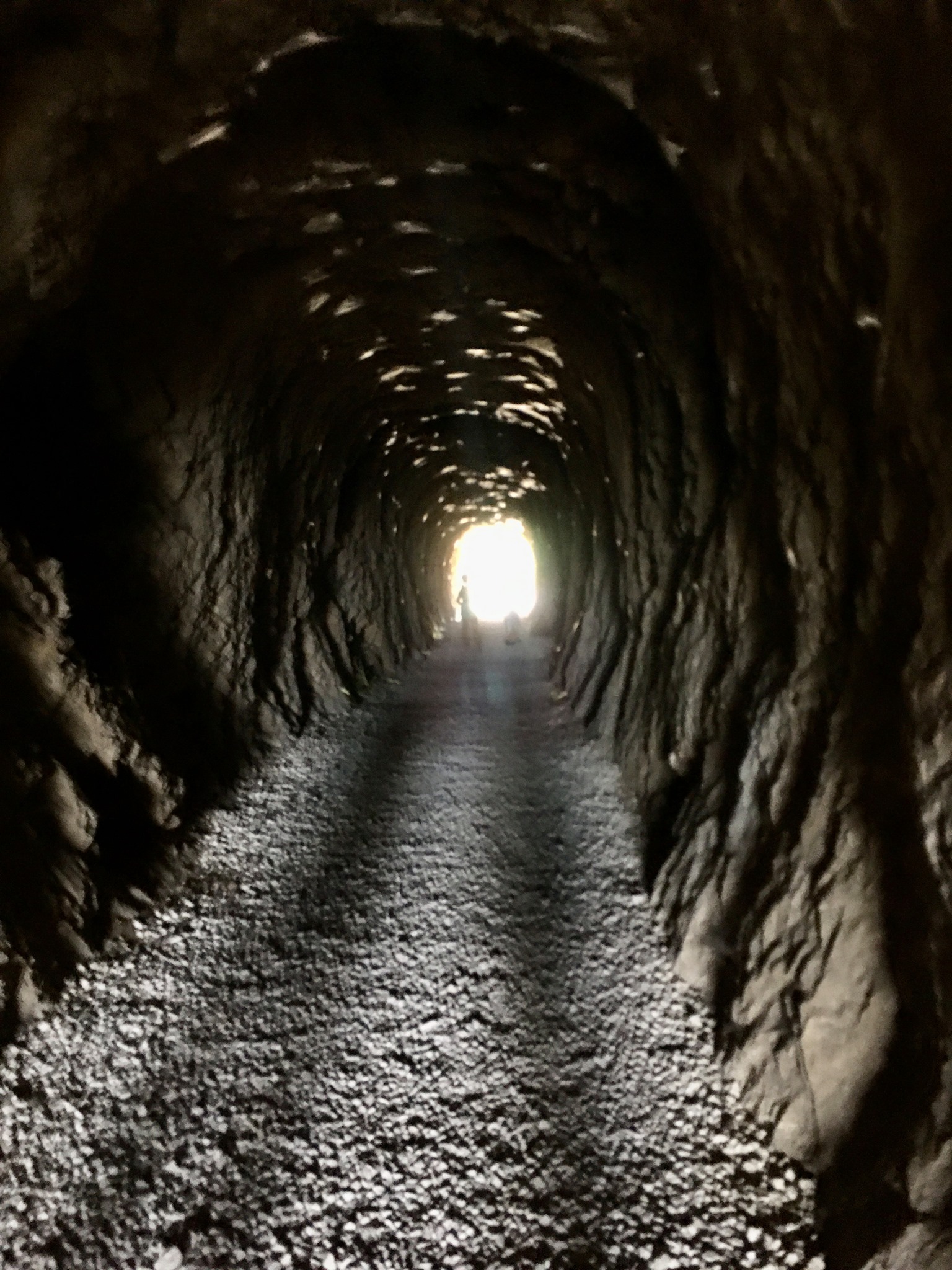What do you grieve?
I hope you’re perfectly aware that everybody grieves, right? Even if you are lucky like my husband, someone still untouched by the trauma of close death and loss…you still grieve.
Someone.
Something.
Grief isn’t limited to the loss of people or animals. It isn’t restricted to animate objects and beings.
No.
Grief also hits you when you lose a dream, a motivation or, when faced with life-changing challenges you realize that what you loved dearly will never be the same. That, too, is grief.
To me, grief is when the overwhelming feeling of loss overcomes you – sweeps over you as you grasp for air and struggle to clasp what you hold dear in a tight grip – never to let go, yet fully aware of it slipping through your fingers.
Too poetic?

Grief has different levels and intensity, in a twisted but oh-so-real version of Dante’s inferno. So, what do you grieve?
Aside from my clear-cut losses and run-ins with death, I grieve opportunities and dreams. I do. The first one I “lost” was that of becoming a diplomat, something that was a crucial part of my essence yet, due to the many twists and turns of life, fell behind as a remnant of what once was. I wanted it bad enough for its lack of existence to transform into a void.
That’s also grief.
I also grieve certain professional developments. Raised as a strong, ambitious and driven woman, a significant part of who I am is still tethered to the different accomplishments I dreamt of – or still hope for. However, because real life seldom works out like the movies we so ardently consume, I made a series of personal choices that, albeit satisfying, cost me some aspirations. While I’m generally ok with that, I still occasionally grieve the loss of the career I once sought out.
It’s important not to lose track of our hurts and pains because of a need to cleanly organize and box feelings into neat stacks. The more we do this, the harder the sting of these emotions. Instead, I give room to my frustrations and grief, mourn my lost projects, and give them space to blossom and later retreat. Slowly, with time and personal growth, the many gains I have in life relegates them to a category of less importance.
Because it is fundamental not to ignore one’s grief, whatever it might be.
Does that make sense?
I’ve grieved unfulfilled dreams, relationships that didn’t resist time and turbulence, and lost lives. I’ve also grieved the many transformations that people I love went through, forever changing into something new and, mostly, unrecognizable to me.
Let me explain.

My father is bipolar and as I grew up he struggled with episodes and crisis that obscured the brilliant, funny, and generous man he usually was. He spent months out of it, paranoia, manic obsessions taking over a man that had always been the spark of every party. It hurt to watch, it broke me, but I also held on to the hope that he would eventually recover and return.
And, luckily, he did.
Until something else took over: old age. He is now in his early 90s, and dementia has claimed what psychosis never could. He remembers me, he enjoys his life, he has conversations…but the man that discussed politics, history, literature, art, music, science, theater; the man that consumed books with the voracity that I learned to imitate is no longer there.
My childhood hero, my intellectual giant. For so long I’ve tried to be like him, yet when confronted with his delusions, his confusion, his dementia I crumbled and wept. I was slowly losing him to the cruel unfolding of time, the haziness of old age.
As I noticed the changes, I realized they were irreversible, and the relationship we had was forever transformed. It hurt. I was still in my early thirties being the main caregiver of the man I always saw as my hero, regardless of his personal flaws.

It was only after months in therapy that I understood that my sadness was grief. I was grieving the loss of the father figure from my childhood, and finally seeing my feelings as grief made me understand and accept them better.
It’s not that any of it is easy. Human suffering never is. It is just part of the journey, the path to maturity, when you contemplate your own emotional, mental, and physical limitations and mortality. Throughout it all, there is grief. Still there, often popping back up to remind you of what you can’t accomplish, of what you will never have again, of how that person has permanently changed.
And that’s ok.
Feel it, allow it, dissect it, understand it.
Talk about it.
Chances are someone else is also carrying around a lot of grief over the loss of life, relationship, or aspirations; sharing it lightens the load.
Cheers.
If this spoke to you, please like, follow, and share.


9 comments